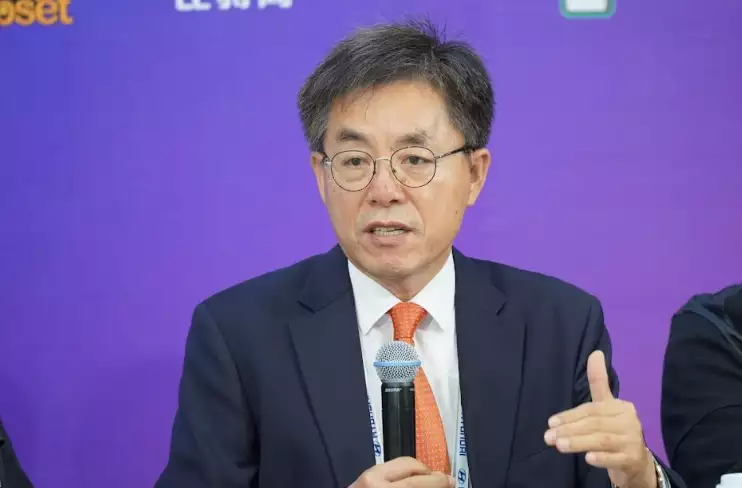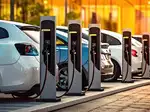FIX2024: Daegu's bold vision to transform into a global tech hub

What is the idea behind FIX2024, and what makes it unique among tech exhibitions?
FIX2024 is Daegu’s proactive step toward securing its place in a fast-evolving, tech-driven world. Although Daegu has a strong legacy in automotive and textiles, change is needed. Mayor Hong Jun-pyo, upon taking office in 2022, committed to restructuring Daegu’s traditional manufacturing to focus on five key industries: mobility, AI, big data, robotics, and digital healthcare. FIX2024 is not only a reflection of our past progress but a stepping stone for the future. Our objective is to accelerate growth by fostering competition and collaboration among companies in these fields.
Who are the exhibitors at FIX2024, and how does the exhibition curate the business value chain?
We have 463 exhibitors, spanning start-ups to global corporations, all collaborating to build an integrated tech ecosystem.
For example, AI and big data drive advancements in robotics and mobility – these technologies need each other to progress. Start-ups introduce fresh ideas, mid-sized firms scale them, and large companies elevate them to the global stage, creating a complete value chain.
Additionally, investment support centers and venture capitalists are here to offer funding and regulatory assistance, facilitating rapid growth for participating companies.
How would you evaluate the success of FIX2024 by the third day?
The turnout has exceeded our expectations, with robust attendance from both local and international participants. We’ve had over 200 international buyers engage in one-on-one export consultations, resulting in 914 discussions valued at approximately $1.15 billion.
Additionally, significant deals totaling $160 million in contracts and $50 million in purchasing agreements have been secured with major companies like Samsung and Hyundai. Beyond the numbers, FIX2024 has sparked meaningful networking across the value chain, laying a foundation for future collaborations.
What were the challenges in organising FIX2024, and how do you plan to enhance it in the future?
FIX2024 marks the start of a larger journey, but there are areas for improvement. Currently, only 10% of our exhibitors are international, and we aim to increase this to 30%. FIX2024 is intended as a global event, not just a local one, and requires strong international exposure.
This year, we were fortunate to have AVING and 11 international media outlets cover the event, but our goal is to expand this further next year.
To this end, we’ll be forming a council of experts to review the exhibition thoroughly and strategise for FIX2025. We’re committed to a more refined and impactful show next year, with even broader international participation.
Kenneth Kim wrapped up the conversation with an invitation to the global tech community. “FIX2024 is just the beginning of our journey. We’re committed to making Daegu a global tech hub, and we’re excited to welcome more partners and media next year. FIX2025 will be even more transformative. We’re building something special here in Daegu.”
With FIX2024 concluding, Daegu has firmly set its sights on the future. This blend of traditional industry and new-age technology positions Daegu to become a rising global player in the tech sector, beginning with the success of FIX2024.

